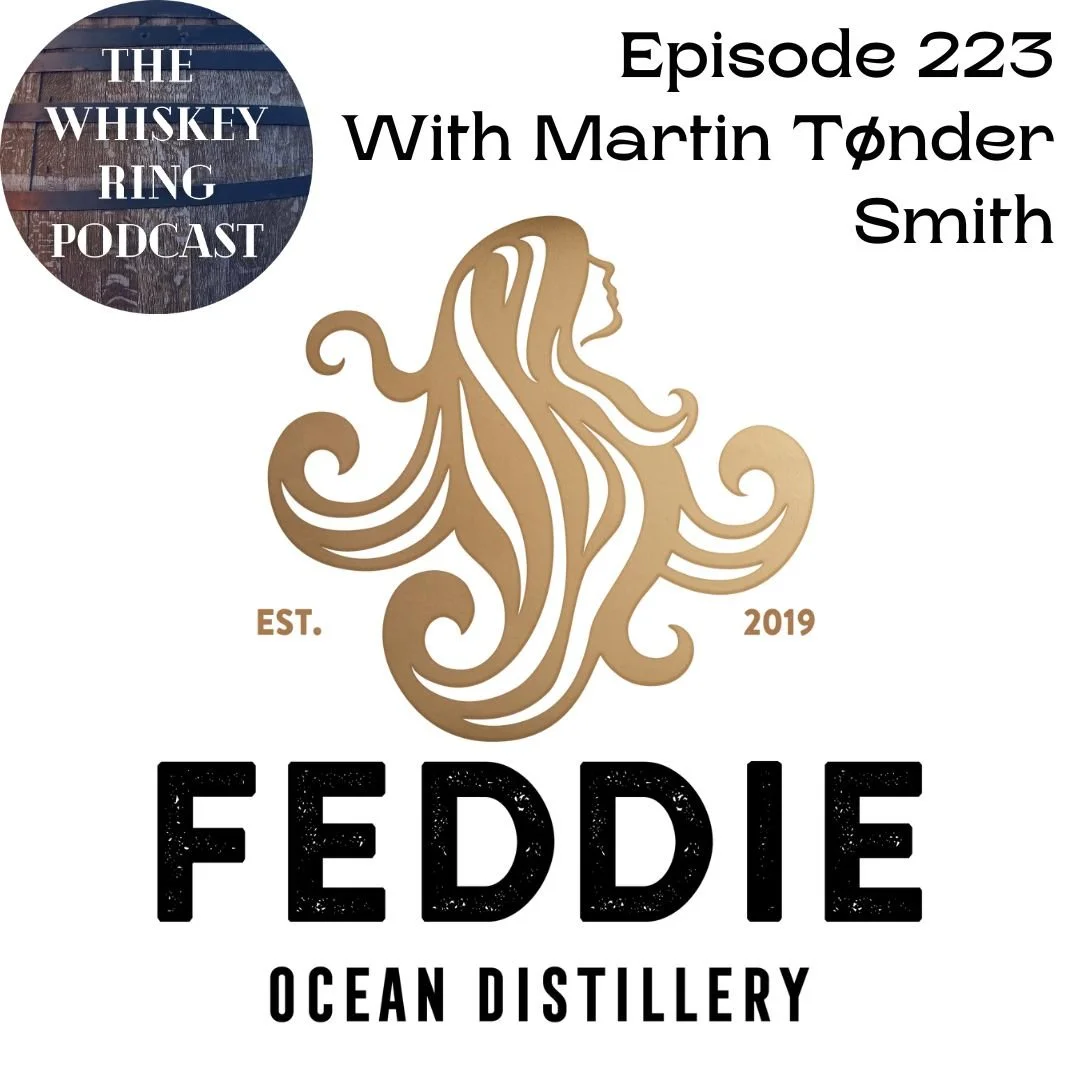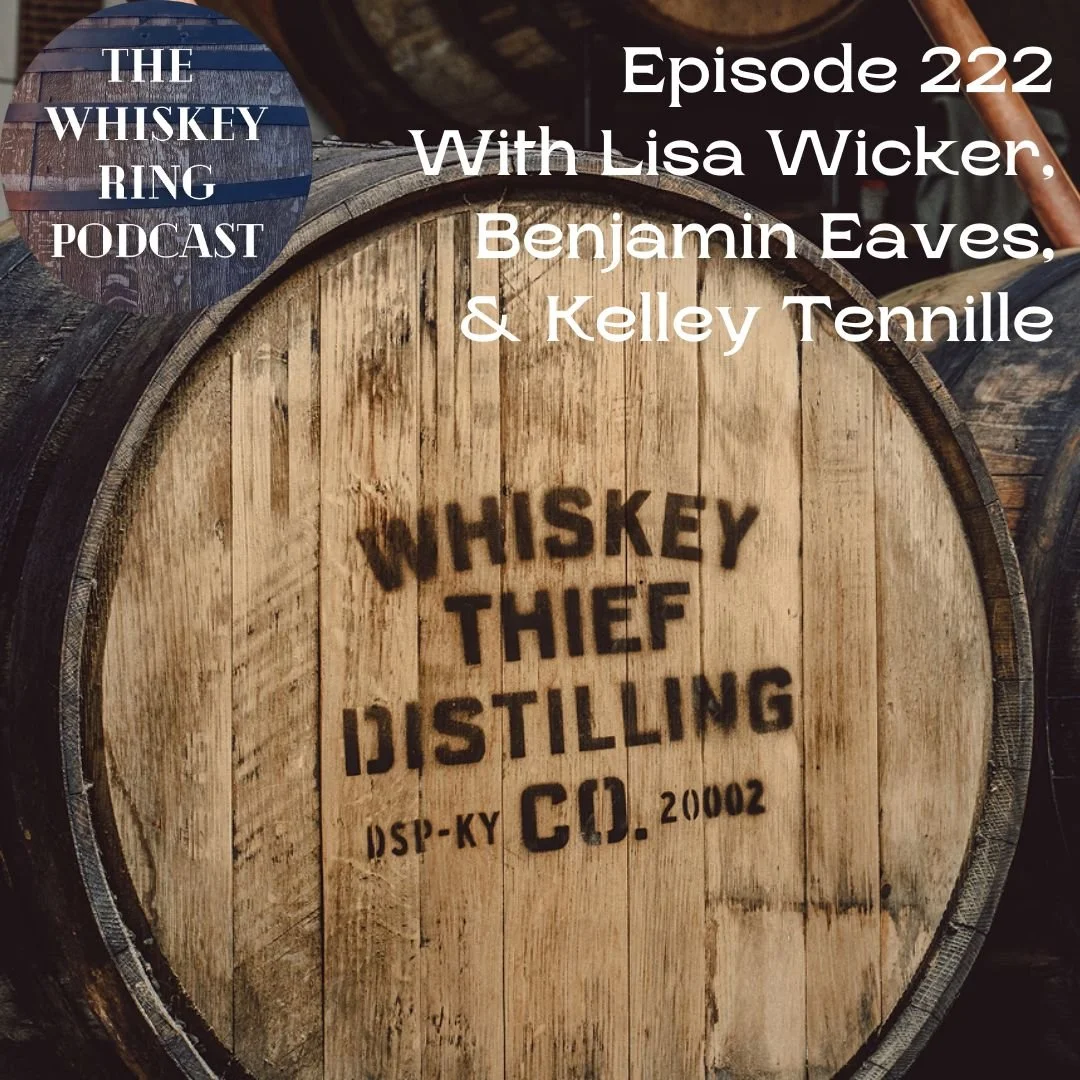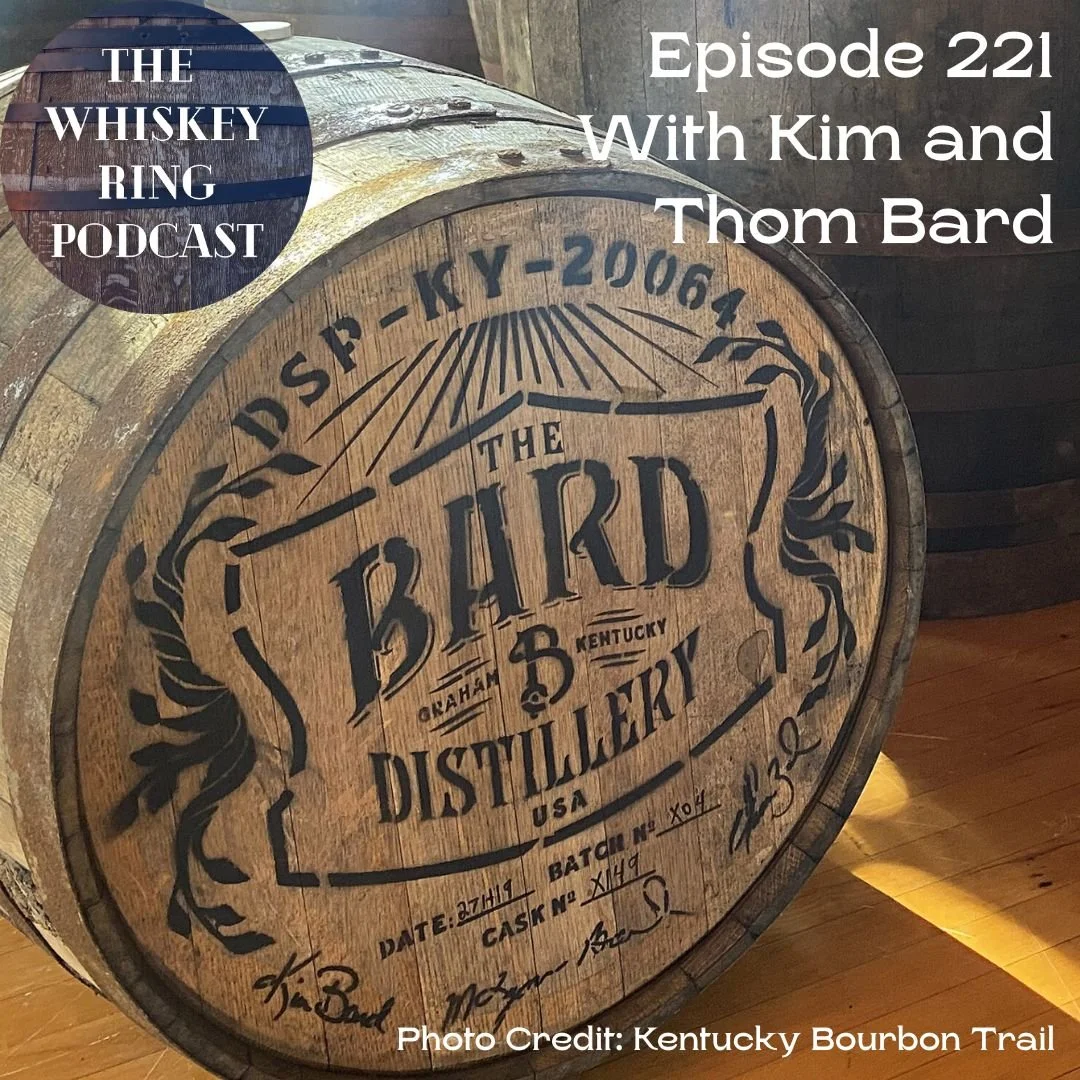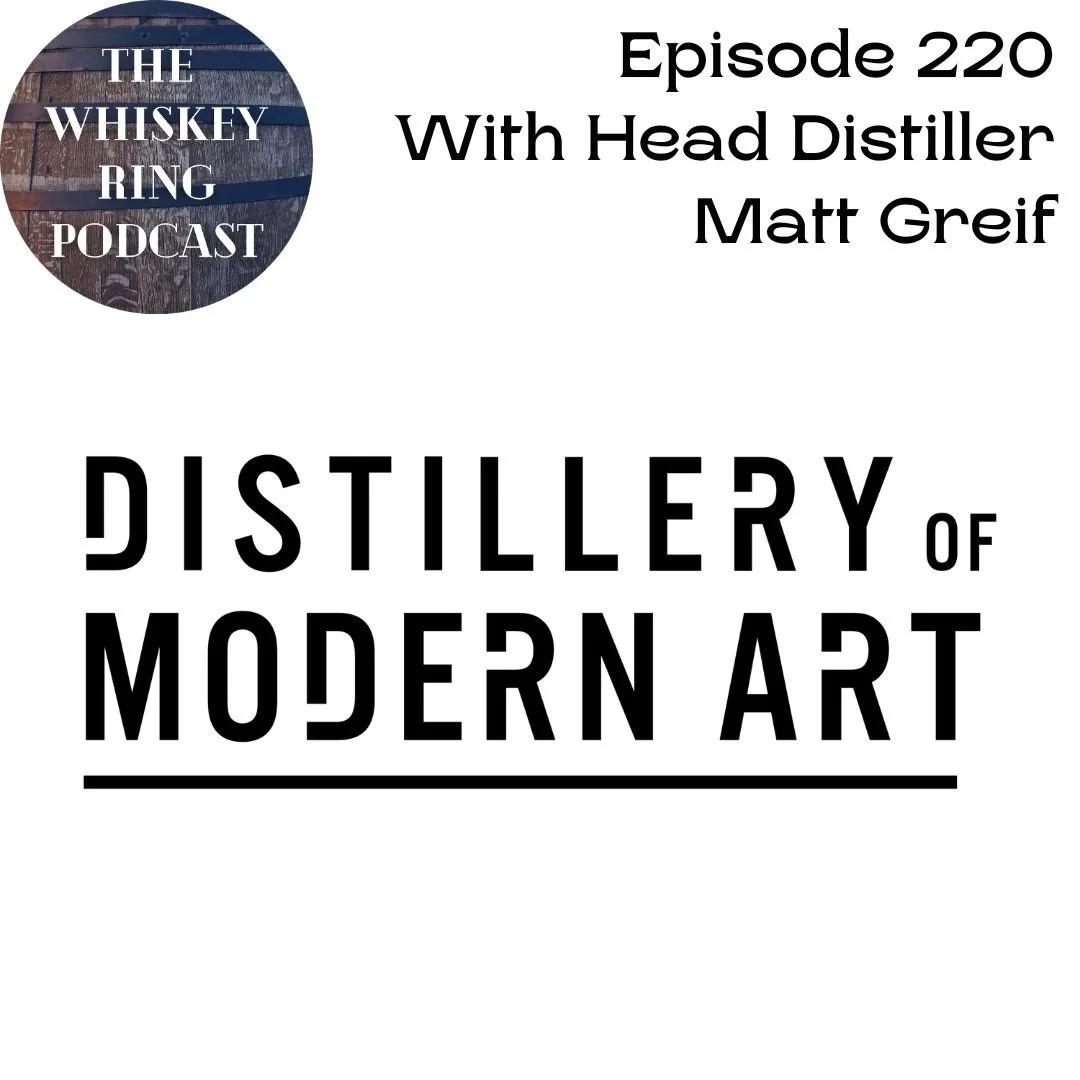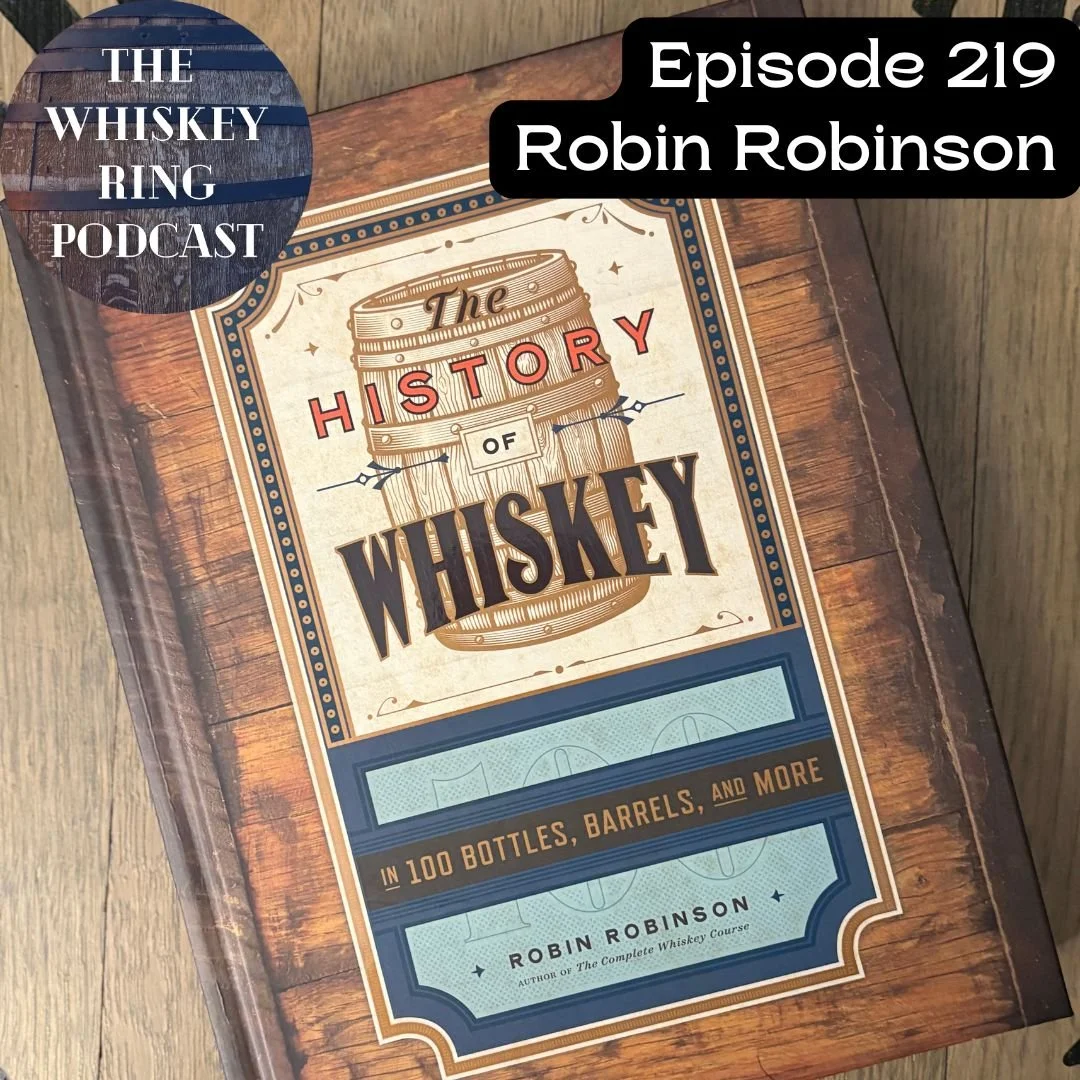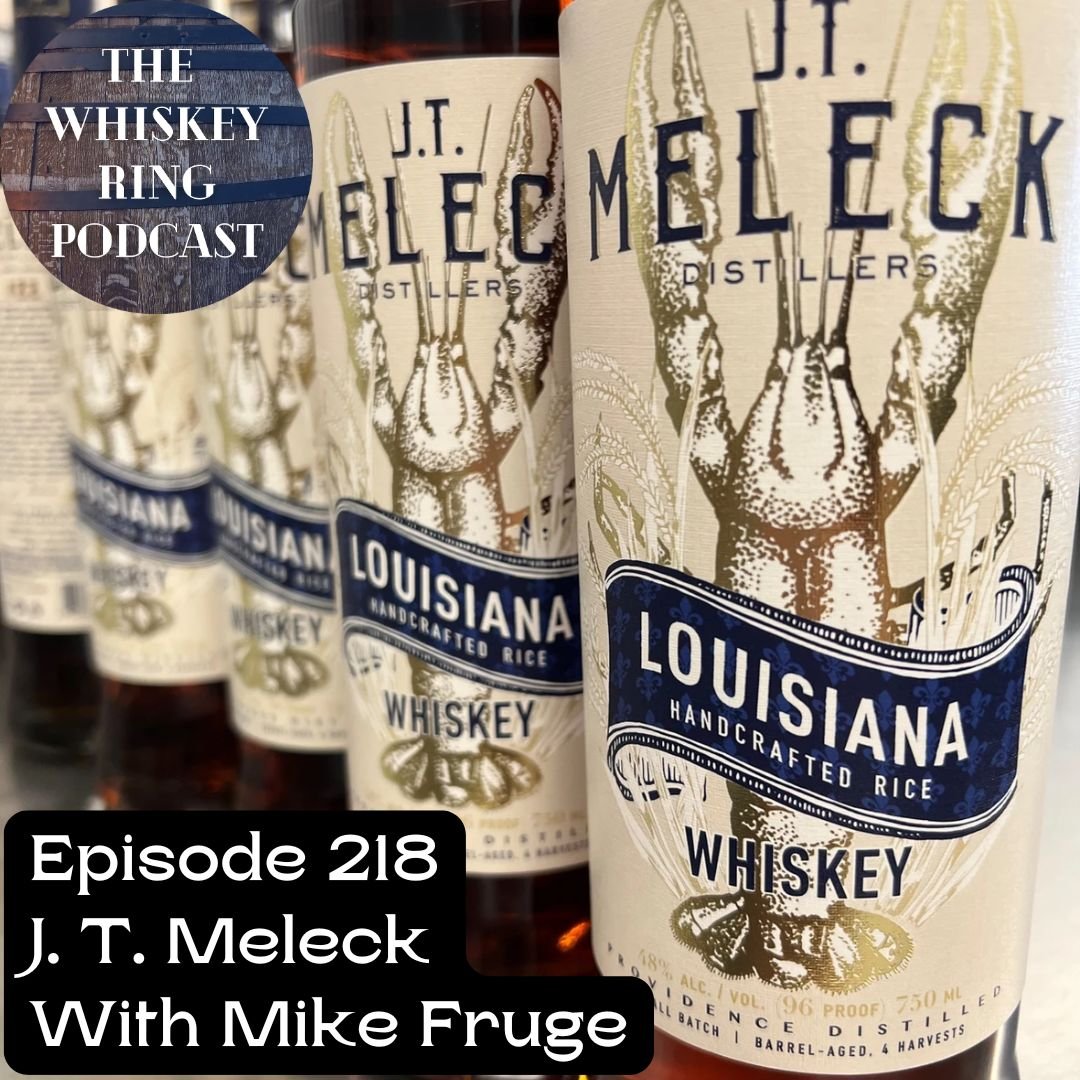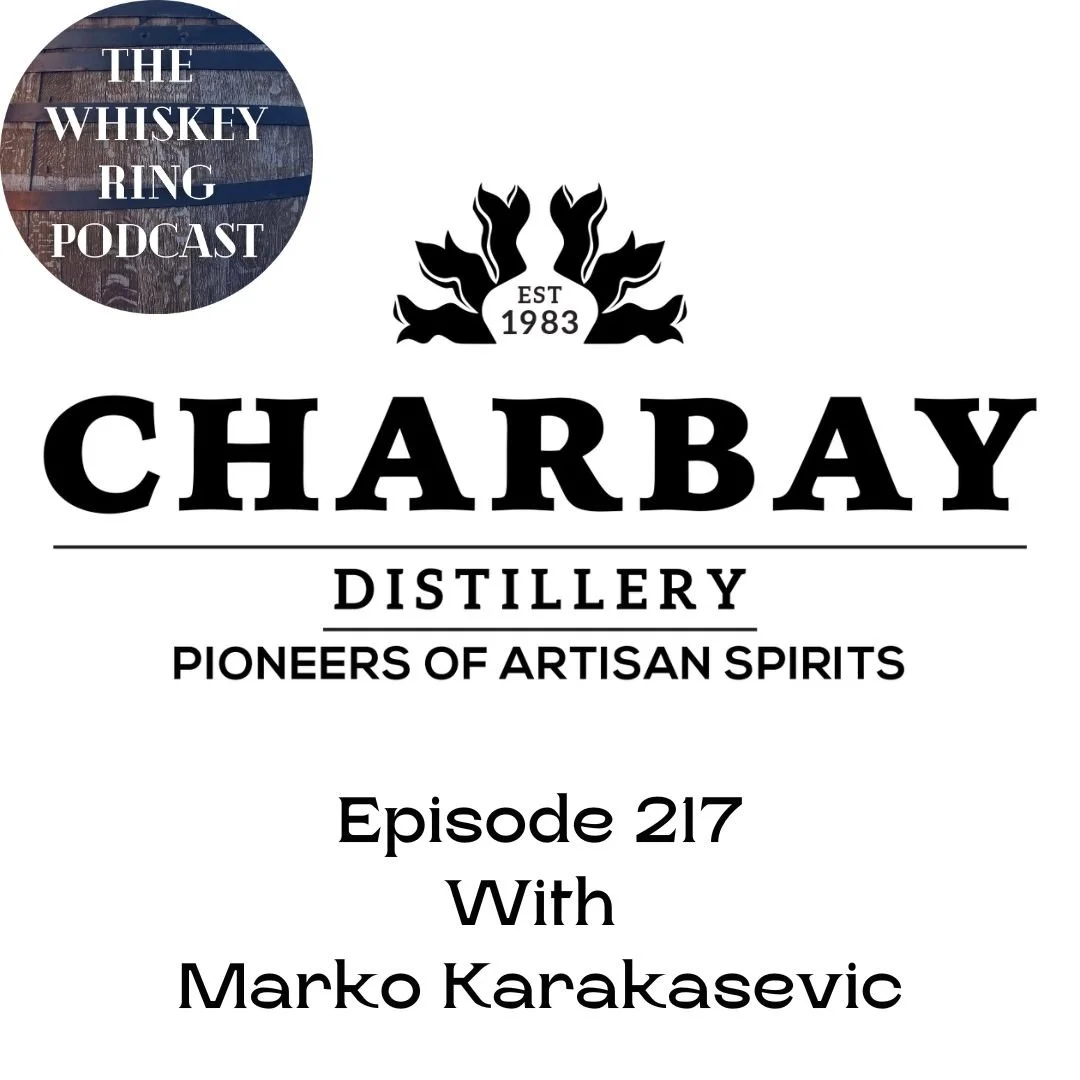Faer Isles distillery with Dánial Hoydal Show Notes
Notes and Reviews for Whiskey Ring Podcast Episode 206: Faer Isles distillery with Dánial Hoydal
Last week, I wrote about my penchant for Australasian whiskies, saying it has become one of my favorite regions from which to discover new pours.
This week, I got to talk with a distillery from my other favorite region to explore: Nordic countries and those with Nordic and/or Scandinavian distilling traditions.
If you’ve never been to the Faroe Islands, chances are you know it because you’ve had fish - likely salmon - grown there. It’s by far the largest industry on the islands, a group of 18 placed between Iceland and Norway in the North Atlantic first settled by seafarers in the 5th or 6th century (though surprisingly, not Norsemen or Vikings, as this would be anachronistic).
Now boasting a population just under 55,000, the Faroe Islands are part of the Kingdom of Denmark but are run under Home Rule, meaning they:
Are not part of the EU, though the Faroese are EU citizens
Are not part of the Schengen passport zone, so the Faroese need a special visa to go to and from that zone unless they enter through Denmark
Are self-governing except for matters of defense and explicitly carved out protections from Denmark
Negotiate their own trade agreements
Speak Faroese, a native language that closely resembles Old West Norse and is nearest today to Icelandic
Confused? I was, too, until Dánial Hoydal, one of the founders and a native Faroese explained the intense pride these islanders have for their home. As remote as the Faroe Islands are, they were put under draconian controls, including proscriptions on the worship of any “pagan” practices and even the Faroese language itself, which was outlawed and suppressed for nearly 300 years. And yet, the language survived with little change through the centuries, as did the local culture. When the chance came for self-rule, the islands narrowly voted for it (long story short, the Danish king at the time nullified the vote but eventually allowed Home Rule in a concession to the people’s wishes).
There were also proscriptions on brewing - period, not just above a certain ABV - until fairly recently, with the laws slowly changing to allow higher proof beers and meads at first before finally acquiescing to distillation. Perhaps the most surprising item I found in the research for this episode is that despite the change only occurring in the mid-2010s, Faer Isles Distillery is not the first nor the only distillery on the Faroes: that honor goes to another that grew out of an existing brewery a year or two before Faer Isles was founded.
The longstanding ban on alcohol (brewing above 5.8% was outlawed until 2014) may have, in a weird way, helped Faer Isles and others identify how they could make their spirits more representative of the island. Peat is plentiful, and experiments are underway for how that profile can be imbued into the whisky that’s still aging (the first runs will legally be whisky in early 2026, but they’ve set a target for November 2026 for release). Tunnels dug between the islands for transportation uncovered an undersea freshwater aquifer that’s now being used to make their Subsea Vodka. Local sea truffles, or ocean truffle seaweed, is the basis of one of their aquavits (akvavit, to the Faroese).
In parallel, the fiercely held connection to their culture has led to one of the most unique whisky maturation programs I’ve seen. Using traditional Faroese hjallur (wooden slatted structures used for drying and curing that allow airflow and sea spray in), the casks are exposed to everything the islands are. Windswept yet temperate, the islands never get too hot, with mean temperatures in winter at 37-39ºF and summer at 49-52ºF, meaning most of the barrel’s influence is less in direct interaction and more in allowing oxidation (little interaction between wood and liquid happens below 50-55ºF). The air - saturated with salt and the scents of the island - permeates the barrels.
I was fortunate to try a sample of their whisky-to-be at ~1.5 years old, and the flavor is extraordinary. To know that this is only halfway to being legally whisky underlines the singular character of what Faer Isles is creating.
The biggest question, or challenge being perhaps the better word, is that the Faroese economy - whisky included - is fundamentally based around exports. With 55,000 people, not all of whom are of drinking age or choose to drink, Faer Isles cannot count on domestic consumption for growth. Starting out with noteworthy vodka, gin, and aquavits has gotten their name out to major export markets like Europe and lain the groundwork for their whisky’s future entry into those markets, including the US to a lesser extent.
Speaking with Dánial in person at Bar Convent Brooklyn in June 2025, it was clear he knows the challenges. He grew up there and, though he moved away for a time, is now back on the Faroes. They’re taking it slow, using less than 20% of their total still capacity and filling around 600 standard barrels per year. Crowdfunding rounds have looped in over 1,000 “owners” in 31 countries. Tourism is a huge economic driver that brings enough foot traffic to the distillery for word-of-mouth to be effective.
Finally, it’s worth noting that Dave Broom, preeminent whisky writer, seems to have a fondness for what Faer Isles is doing. To borrow my favorite phrase of his, the sense of place is strong here. Every product has a purpose and a clear, direct link to the islands that requires little storytelling beyond that of the place itself to explain. The maturation is as of the place as it could possibly be. Store and bar shelves are overflowing with vodkas, gins, and whiskies (ok, maybe not so much aquavits here in the US), and yet Faer Isles brashly stands out with a clarion call to their homeland. Taste of our water, our land, our sea, and know what it is to be from the islands.
There is no greater tribute to the Faroe Islands than that.
Thank you to Dánial for entering the whiskey ring!
If you haven’t joined the Patreon community yet, please consider doing so at patreon.com/whiskeyinmyweddingring.
If you haven’t yet, please follow Whiskey in my Wedding Ring and the Whiskey Ring Podcast on Instagram and Facebook.
Faer Isles Distillery
Thank you to Faer Isles Distillery for providing samples at no charge for the purposes of this interview. All opinions are my own.


